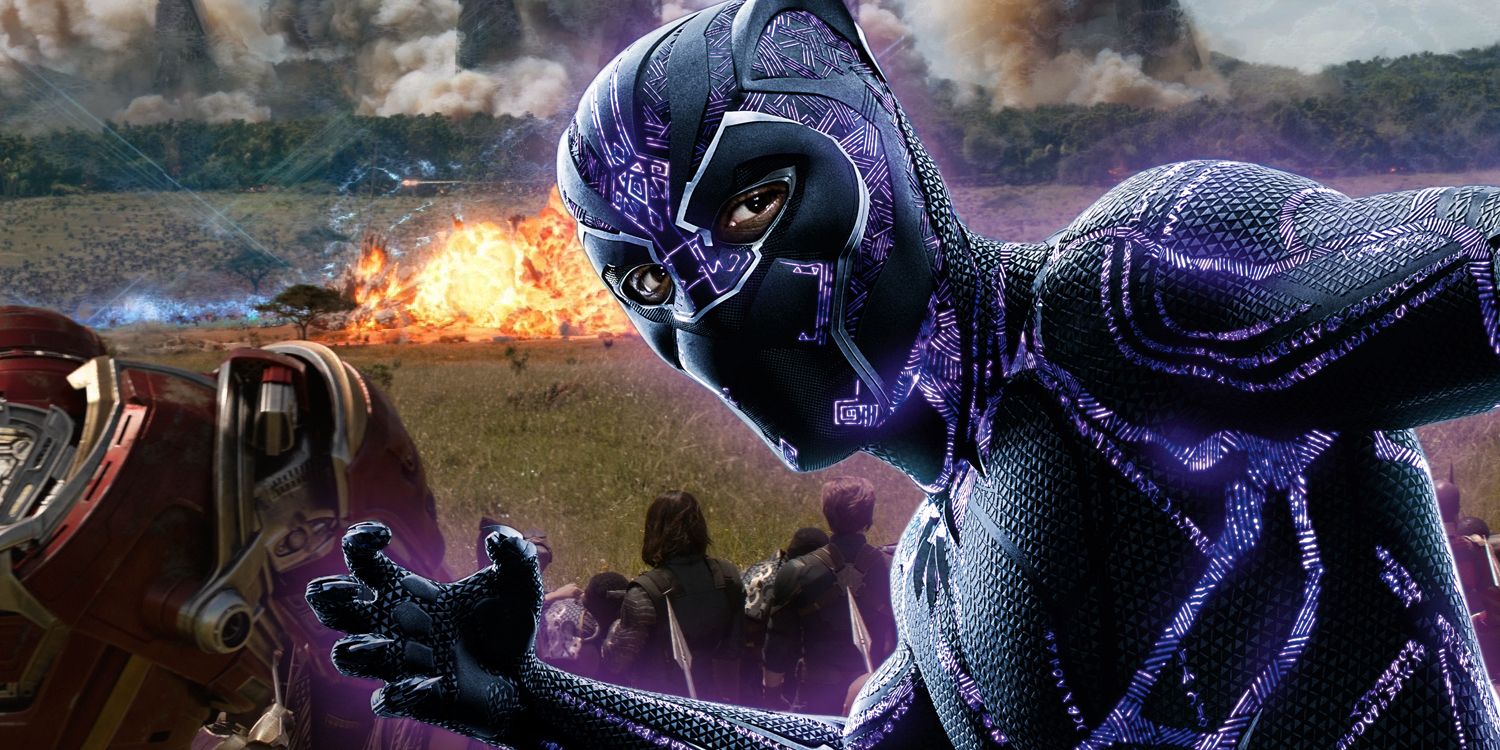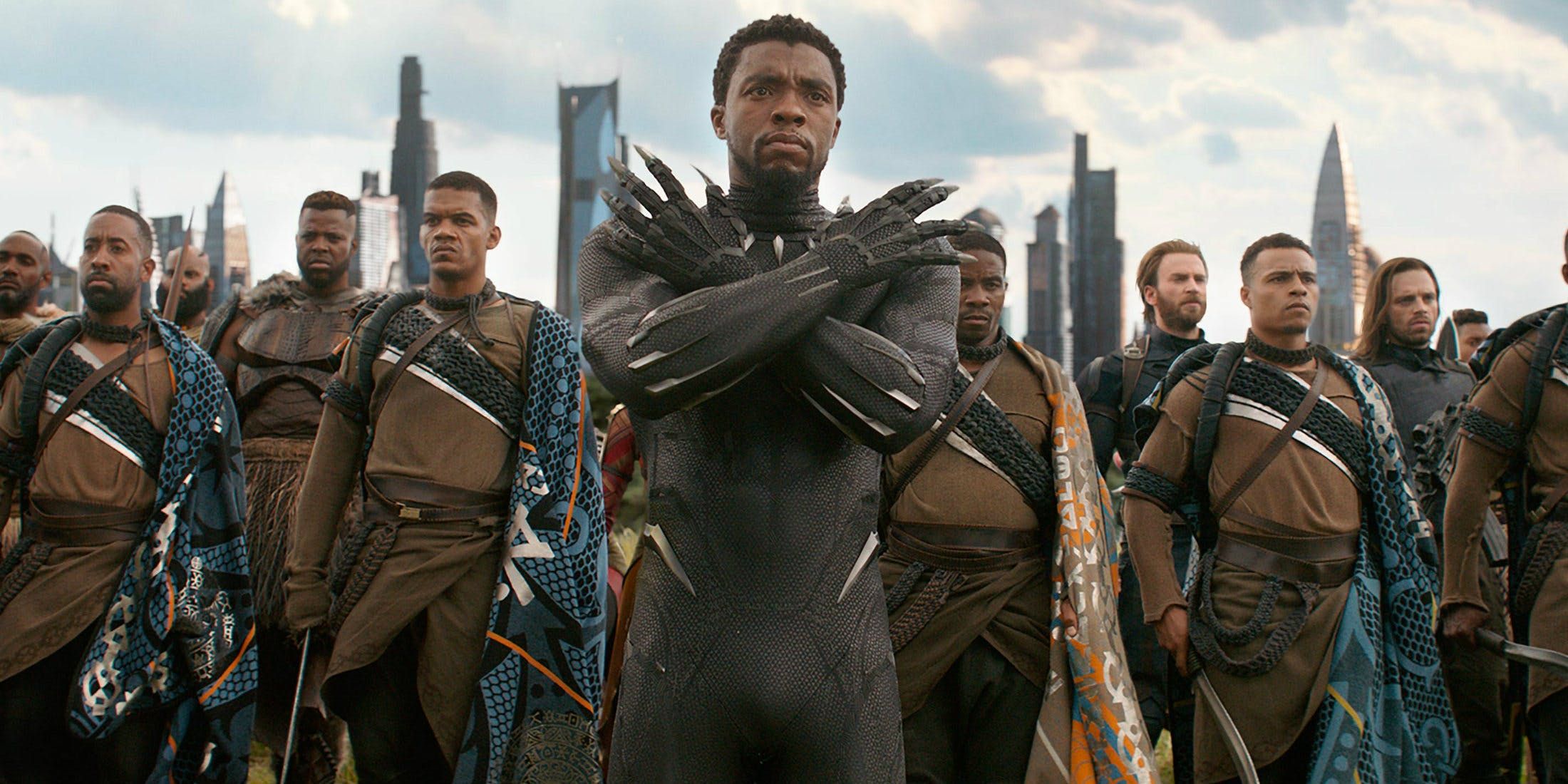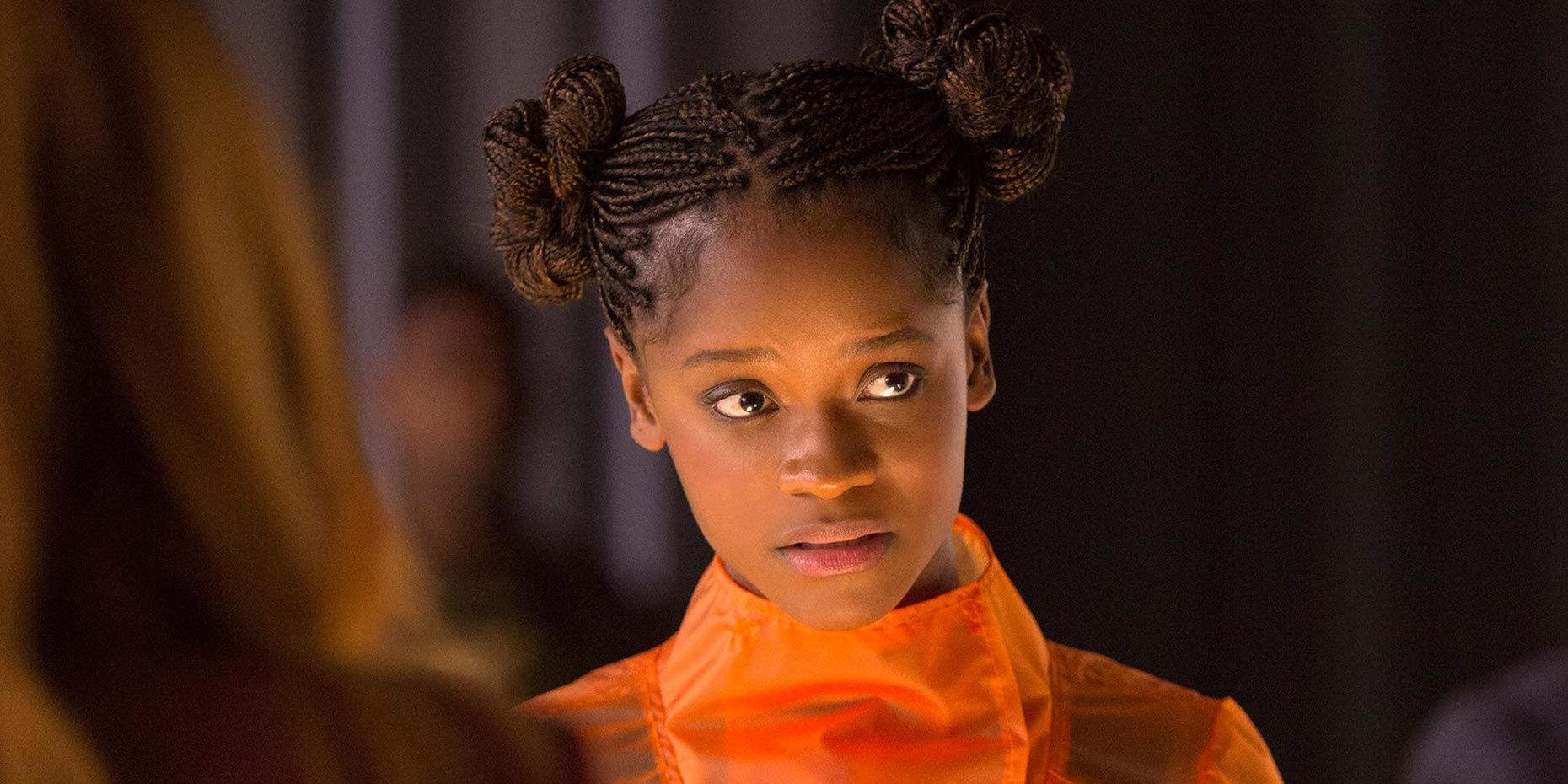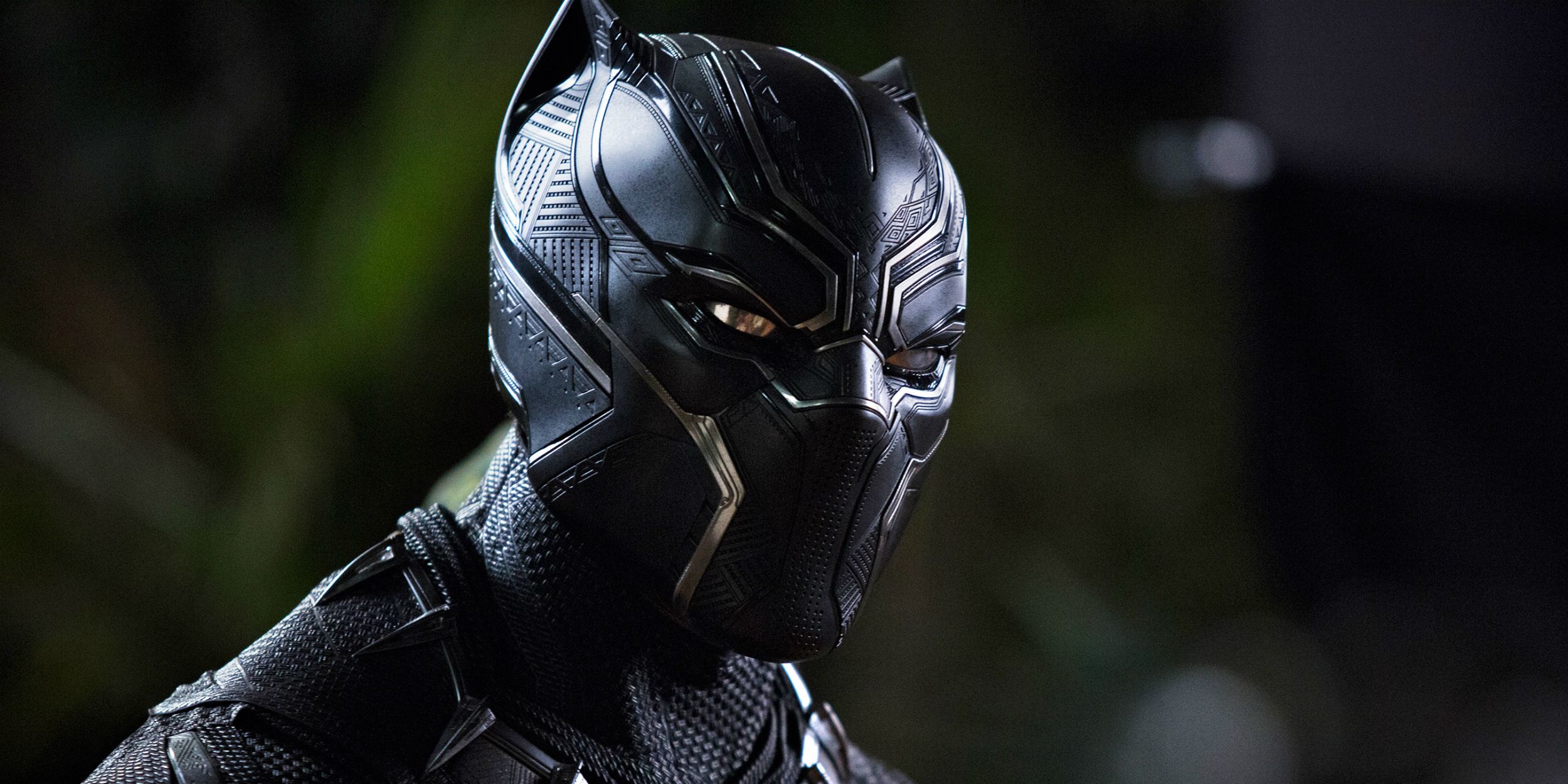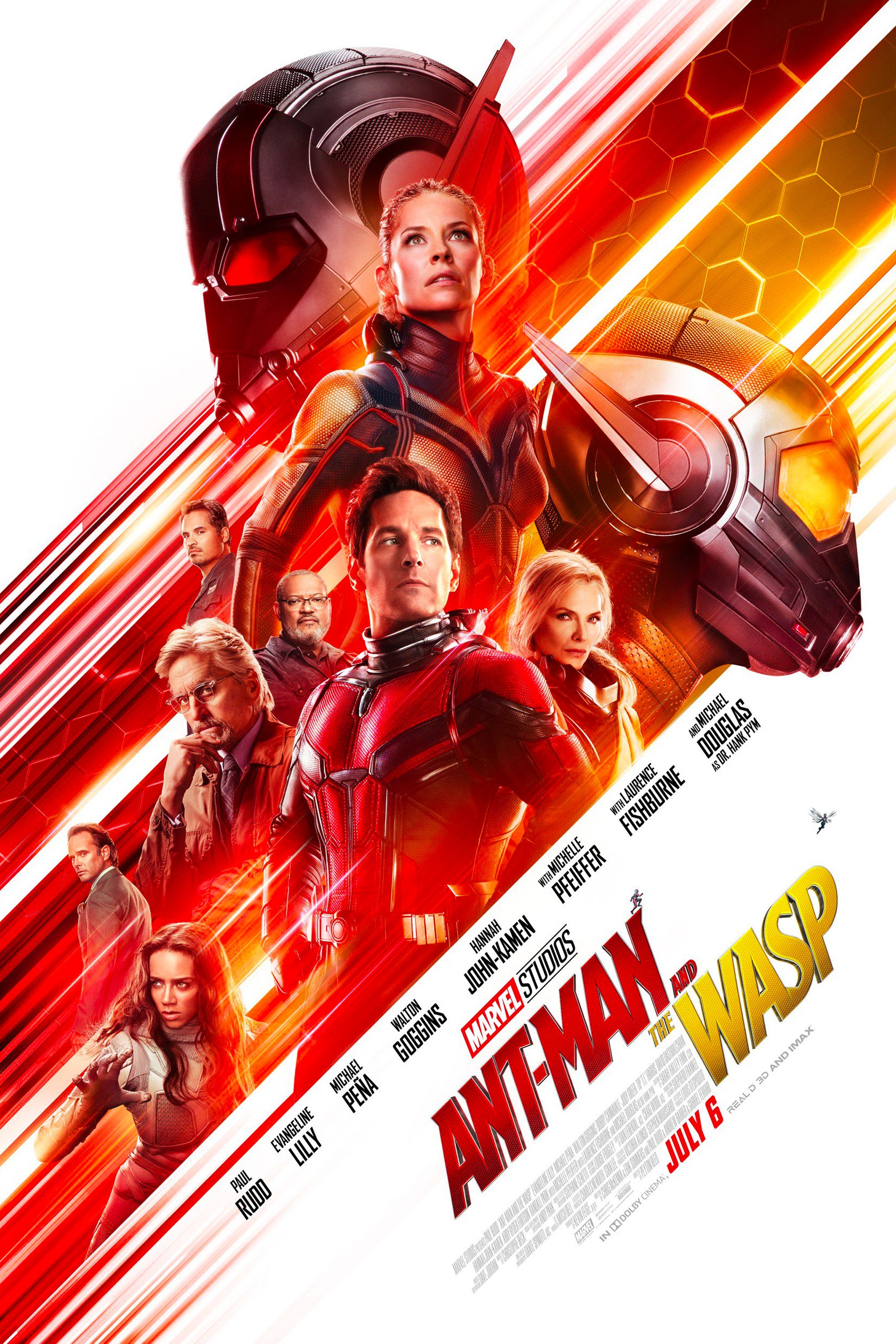Avengers: Infinity War uses the previous eighteen movies in the Marvel Cinematic Universe to craft one of the biggest blockbuster stories ever, but the success of the most recent previous entry, Black Panther, actually hurts its Wakandan-set third act.
Black Panther smashed records when it opened in February. The cultural significance of the film cannot be overstated, nor can its fantastic release window, which saw the film run for over a month with little competition. As a result, Black Panther had tremendous legs and currently sits at a stupendous $688 million. Even opposite Infinity War's record-breaking opening, Black Panther still managed to rake in $4.7 million for a solid fifth-place finish, all in its eleventh weekend of release. A final domestic total over $700 million is very much in the cards for Black Panther.
Related: The Highest-Grossing Movies Of 2018 (So Far)
Considering Black Panther's phenomenal success among both Marvel fans and newcomers to the comic book movie scene, some came away from Avengers: Infinity War with a certain level of disappointment regarding the limited use of its setting and characters. Of course, unlike the MCU's solo films, Avengers movies are massive team-up events; there is no obvious lead hero (and in Infinity War the lead is actually villain Thanos). Still, many viewers, particularly those who were drawn into the franchise by Black Panther, were expecting to see more of their favorite hero, especially since his presence, and his home of Wakanda, was a central pillar of the film's marketing campaign.
- This Page: Infinity War's Marketing Steered Into Black Panther
Avengers: Infinity War Marketed Itself Too Much On Black Panther
It's to Marvel's credit that they had the foresight when filming Avengers (which happened concurrently with Black Panther) to include a strong amount of Wakandan locations and characters in a way the felt organic. A crucial facet to the success of the original Avengers was that it brought all these disparate heroes together into an ensemble cast; it wasn't "Iron Man & The Avengers," it was "The Avengers", even though at that point Tony Stark was the clear franchise favorite. Likewise, Infinity War uses characters and settings when they serve the story.
In this case, it means that Wakanda and isn't introduced until roughly the halfway point of the movie, and T'Challa doesn't don his iconic armor until the final act of the film, during the big outdoor battle to protect Vision from The Black Order and their army of Outriders. Normally, this wouldn't be such a big deal, except the inclusion of Wakanda, as mentioned earlier, was a key component in the marketing for Infinity War. Trailers focused on the team-up battle, with shots of Captain America fighting Thanos in a grassy Wakandan forest making clear it was going to be an essential backdrop. However, there was also focus but on the characters audiences had just fallen for.
Related: Avengers: Infinity War Everything Missing From The Trailers
Basically, the film was marketed three ways: first, as Thanos' emergence from the shadows on a mission of universal conquest; second, as an Avengers reunion following their dissolution in Captain America: Civil War; and third, as a continuation of Black Panther. All three of these are correct, but the first two are far more prominent in the final film, while the third is relatively minor in comparison. This doesn't hurt Infinity War when stood on its own but highlights how the success of its predecessor looms large.
Black Panther's Supporting Characters Struggle To Break Through
Ultimately, Avengers: Infinity War is served by spreading the wealth, keeping Thanos front-and-center for most of the film and relegating the Avengers to supporting characters in their own film. It's a bold and unconventional move, but it's proven successful for the unique blockbuster. An unfortunate consequence of this approach is that supporting characters from individual MCU movies get sidelined even further than usual.
Wong, Falcon, and Bucky (now White Wolf) don't get to contribute very much to the film outside of its action scenes, and even leading Avengers like Captain America and Black Widow have surprisingly limited screen time (though they will likely have larger roles in Avengers 4). The film only has so much running time to go around, so figures like Pepper Potts, Thunderbolt Ross, and The Collector only appear in cameos. Meanwhile, characters like Ant-Man, Hawkeye, Aunt May, Everett Ross, and Happy Hogan don't appear at all.
Related: Avengers Missing From Infinity War Who Will Return For Avengers 4
Hurt by the proximity of Black Panther's release and thus being in the cultural memory more, this impacts T'Challa's entourage most. Despite appearing on the poster, Shuri whiz kid extraordinaire and T'Challa's little sister only appears for a few minutes. She plays a pivotal role in the plan to remove the Mind Stone from Vision's head, but that basically means she spends most of her limited screen time looking pensive while staring at computer monitors. Admittedly, Letitia Wright makes the most of her limited presence, but it's a tricky balance; she fares better than M'Baku, who is more a cameo than a proper role.
Okoye comes out best, although she presents another curious element: comedy. The movie's mixture of intensity and humor is mostly well balanced, but moments like her Starbucks joke, wishing opening Wakanda to the world had led to the Olympics and franchise coffee not only not quite landing, directly going against the staunch traditionalism of her character in Black Panther. To reiterate, none of these are big issues with the movie, but stand out because of their recent success.
T'Challa's Death Doesn't Land Like It Should
The biggest twist in the movie comes in its final minutes, when Thanos finally collects all six Infinity Stones and assembles them in his gauntlet. Even Thor's last-ditch efforts to defeat the Mad Titan come to naught; Thanos snaps his finger, instantly killing half of the universe.
In a somber scene devoid of music, many high-profile heroes are reduced to ashy dust, from Bucky and Falcon to Doctor Strange and Spider-Man. In the midst of the chaos, T'Challa comes across Okoye and begins to help her back to her feet, offering a reassuring quip about maintaining her dignity. Through it all, the audience is expecting Okoye, the focus of the camera's view, to die. Instead, the unthinkable happens, and Black Panther himself disintegrates into a pile of windswept ash.
Related: Avengers: Infinity War's Ending Explained
It's a shocking moment, not just for the death of a major hero but how brief it is; whereas other headliners like Strange and Spidey have emotional or plot-pivotal farewells, this is incredibly short, given the comparable prominence of supporting characters. The problem isn't that T'Challa dies - few of Infinity War's deaths are permanent - it's that it's done in a flippant way that doesn't treat the character with the reverence he deserves.
Again, it all comes from an unclear understanding of just how big his movie would be. Wakanda's final stand is as epic as it possibly can be, yet its prominence in the plot doesn't mirror where it is culturally. As much as the resounding success of Black Panther makes T'Challa's death that much more impactful, it makes you wish more time in Avengers: Infinity War been spent focused on it.

